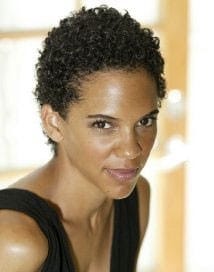‘Valentine Road’ Interview: Director Marta Cunningham on the Complexity of a Double-Issue Film and Bearing Witness for the Intolerant

Valentine Road, which kicks off HBO’s fall season of new documentary premieres this Monday, is a film more complex than you’d expect. At its center is the 2008 death of 15-year-old Larry King, who was shot twice in the back of the head during computer class by 14-year-old schoolmate Brandon McInerney. But the focus is twofold as first-time director Mart…
Keep reading with a 7-day free trial
Subscribe to Nonfics to keep reading this post and get 7 days of free access to the full post archives.



